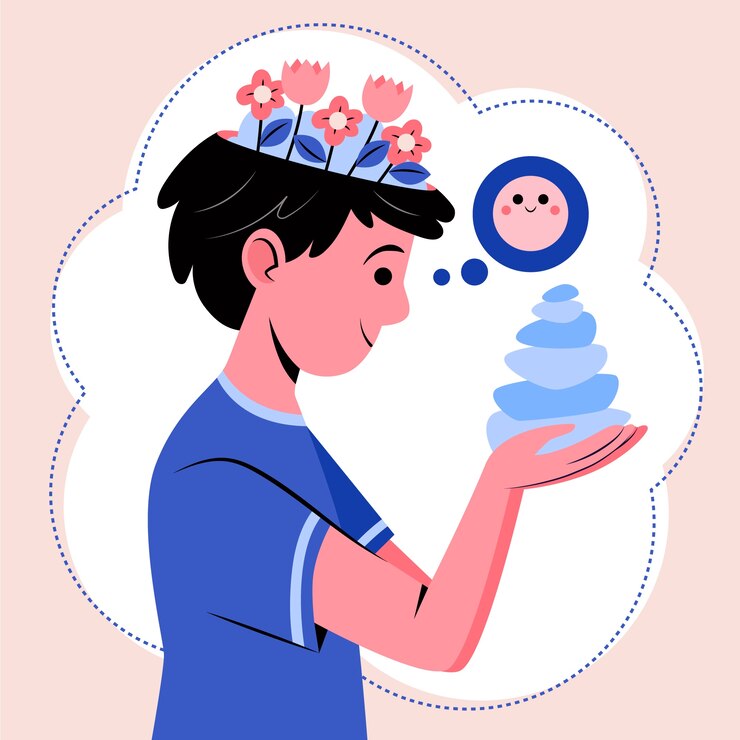
Guarding Against Brain Aneurysms: Prevention Strategies Made Simple
While brain aneurysms can be unpredictable, there are steps you can take to lower your risk. In this blog, we’ll delve into straightforward prevention strategies, including lifestyle adjustments and medical interventions, to help you safeguard your brain health.
1. Manage Your Blood Pressure:
High blood pressure is a significant risk factor for brain aneurysms. Keeping your blood pressure in check through healthy lifestyle habits like regular exercise, a balanced diet, and stress management can help reduce your risk.
2. Don’t Smoke:
Smoking damages blood vessels and increases the risk of aneurysm formation and rupture. If you smoke, quitting is one of the most effective ways to lower your risk of a brain aneurysm and improve your overall health.
3. Limit Alcohol Consumption:
Excessive alcohol consumption can raise blood pressure and contribute to the development of brain aneurysms. Limit your alcohol intake to reduce your risk and protect your brain health.
4. Eat a Healthy Diet:
A nutritious diet rich in fruits, vegetables, whole grains, lean proteins, and healthy fats can support overall health and reduce the risk of cardiovascular disease, which is linked to an increased risk of brain aneurysms.
5. Exercise Regularly:
Physical activity is essential for maintaining cardiovascular health and reducing the risk of aneurysm formation. Aim for at least 30 minutes of moderate-intensity exercise most days of the week to keep your heart and blood vessels healthy.
6. Seek Medical Attention for Risk Factors:
If you have a family history of brain aneurysms or other risk factors such as high blood pressure or genetic conditions, talk to your healthcare provider about appropriate screening and management strategies.
Conclusion:
While brain aneurysms can be frightening, there are steps you can take to lower your risk and protect your brain health. By adopting a healthy lifestyle, managing medical conditions, and seeking appropriate medical care, you can take control of your health and reduce your risk of a brain aneurysm.
To seek medical advice, always consult a Doctor.
Here are our recommended experts. Click here
To read more on Neurological Disorders. Click Here

